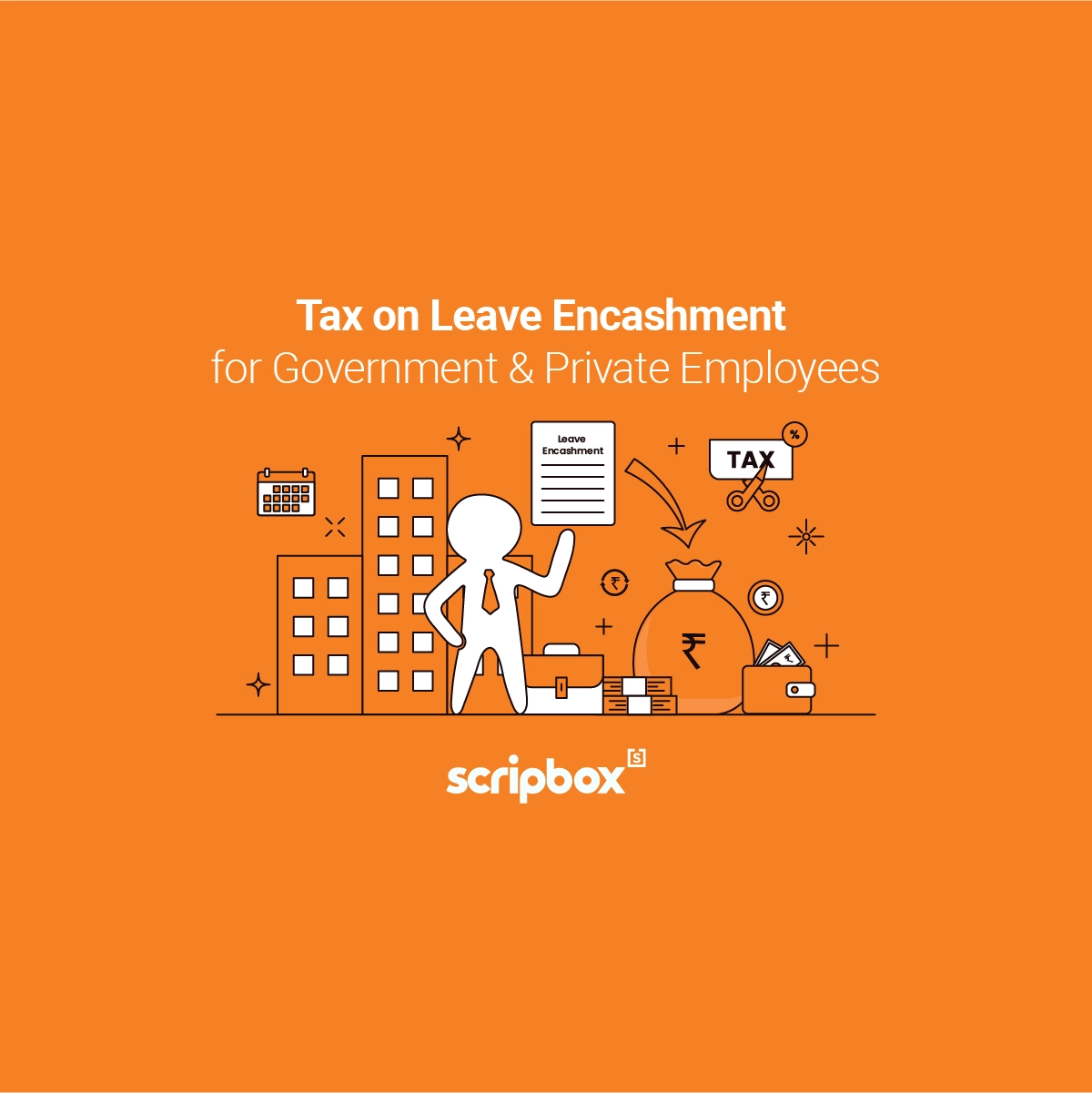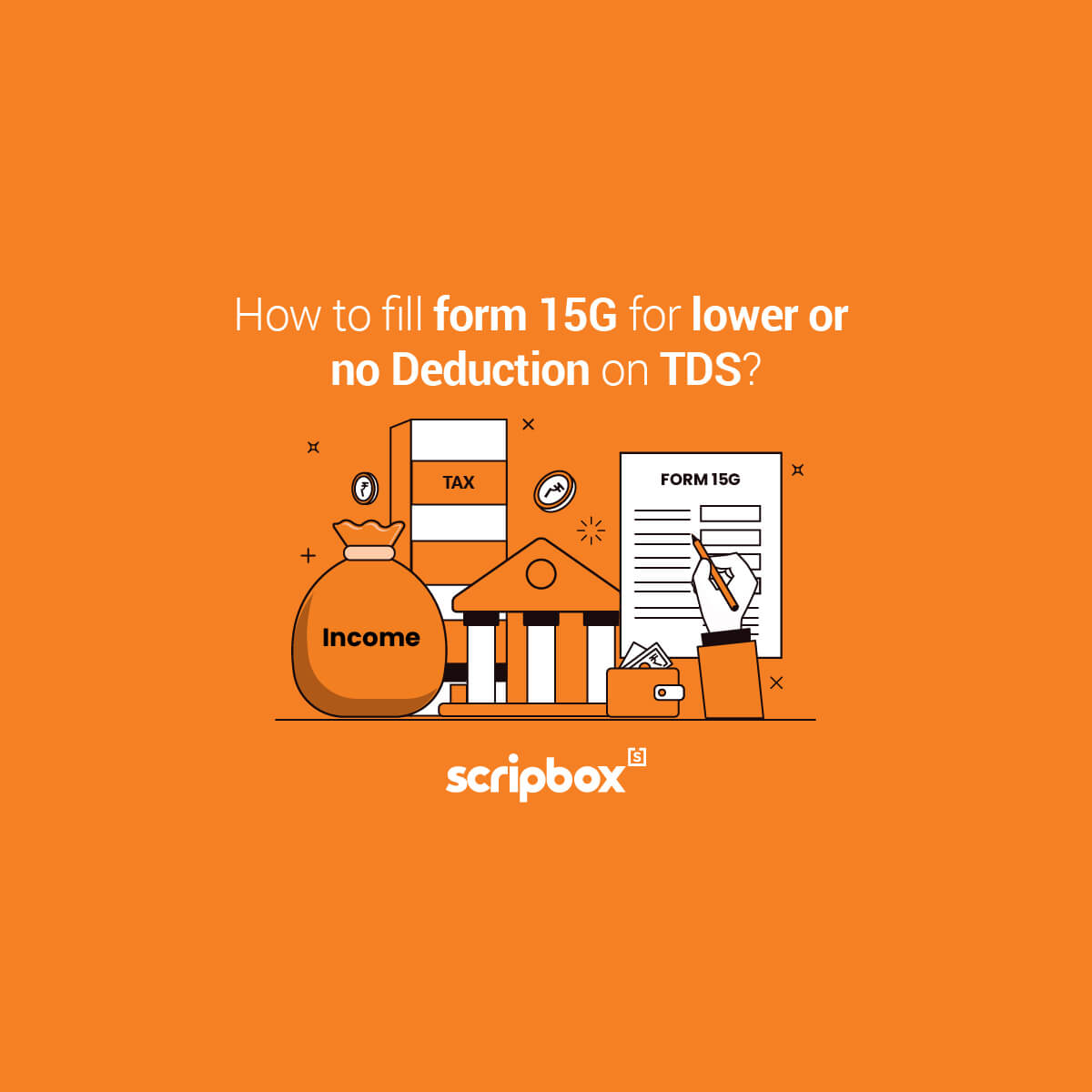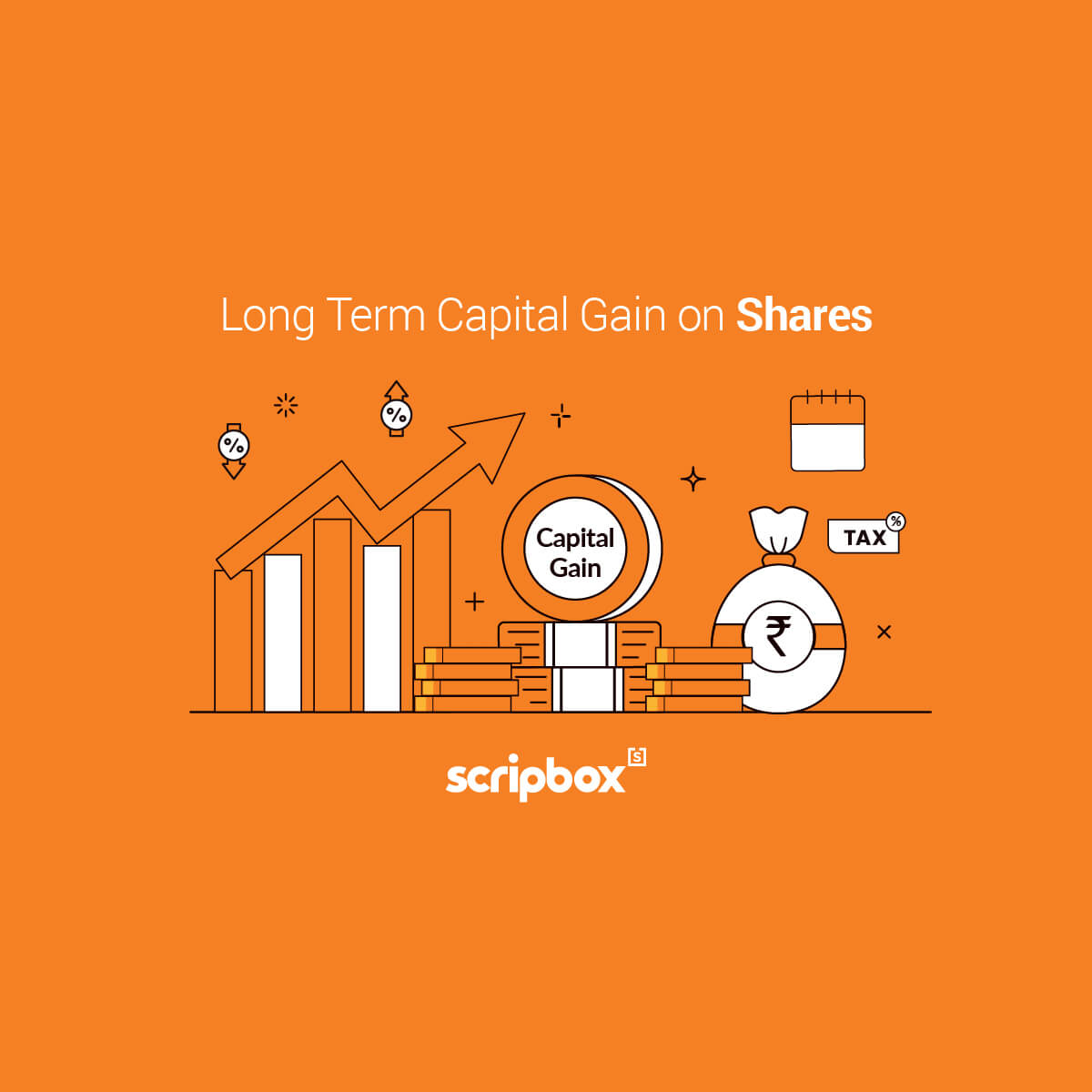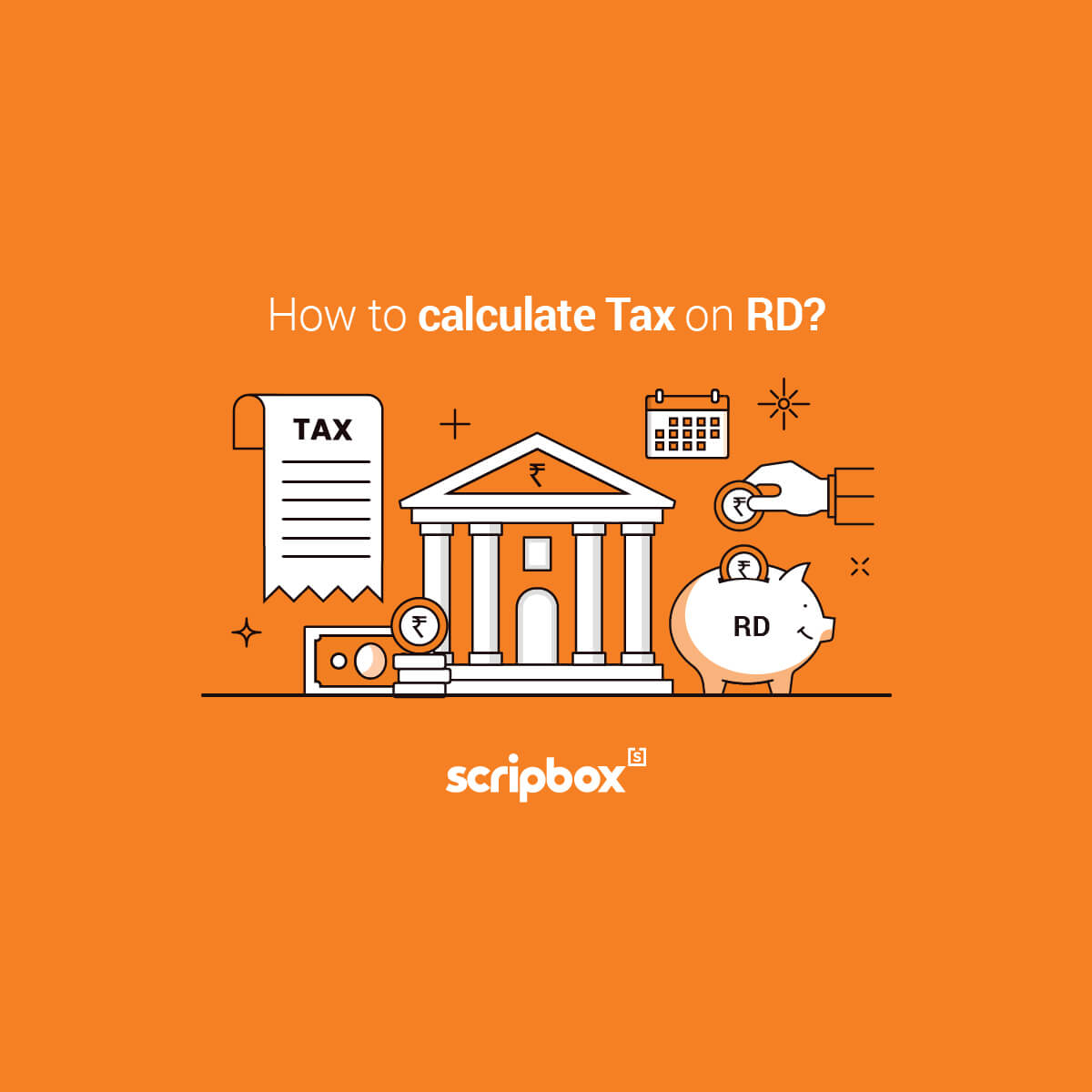Long term vs short term capital gain is a concept that is important for any taxpayer who is considering selling a capital asset. Once you understand the difference between LTCG and STCG, you will be able to make better decisions and plan your taxes. Early tax planning may lead to a lower tax liability, tax saving, and avoidance of interest on late payment of taxes.
What is Long Term Capital Gain?
Long-Term Capital Gain arises when a taxpayer sells a long term capital asset. Whether an asset is a long term or a short term capital asset depends on the period of holding. The period of holding for which a taxpayer holds the asset determines the tax rate. There are 3 different periods of holdings for an asset to be a long term asset. The benefit of long term capital gain is that it is eligible for an indexation benefit. The benefit of indexation increases the purchase cost and thereby reduces the capital gain and tax.
What is Short Term Capital Gain?
Similar to LTCG, a short term capital gain arises when a taxpayer sells a short term capital asset. Again, the short-term capital gain depends on the holding period and the asset type. A major disadvantage of a short term capital gain is that it is not eligible for indexation. Moreover, STCG attracts a higher tax rate for any equity share or mutual fund. Hence, before selling your assets you must calculate your taxes and plan your tax savings. You can use the capital gains calculator and calculate the tax payable on capital gains. Furthermore, the income tax calculator helps you estimate the taxes on the overall income for the year.
Long Term Vs Short Term Capital Gain
The following table of differences explains the aspect of long term vs short term capital gain for the purpose of taxation.
| Particulars | Long-Term Capital Gain | Short-Term Capital Gain |
| Equities- Period of Holding | More than 12 Months | Less than 12 Months |
| Unlisted Shares- Period of Holding | More than 24 Months | Less than 24 Months |
| Debt Funds- Period of Holding (for investments made before March 31st 2023)* | More than 36 Months | Less than 36 Months |
| Other Assets- Period of Holding | More than 36 Months | Less than 36 Months |
| Equities – Tax Rate | 10%, On LTCG more than Rs 1 lakh | 15%, If STT is Paid |
| Other Assets – Tax Rate | 20% | Applicable Tax Slab Rate |
| Tax Exemption | LTCG on equity is exempt up to Rs 1 Lakh | No exemption |
| Indexation Benefit | Available on Debt Funds and Other Assets. Not Applicable on Equity Investment | Not Available |
| Set Off of Losses | Long Term Capital Loss can be Set Off with Long Term Capital Gain | Short Term Capital Loss can be Set Off with Short Term Capital Gain and Long Term Capital Gain |
| Carry Forward of Losses | Up To 8 Year, If ITR Filed | Up To 8 Year If ITR Filed |
*Note: From April 1st 2023, capital gains arising from debt mutual funds will be taxable as per the investor’s income tax slab rate. This is irrespective of the investment holding period. Furthermore, the indexation benefit is no longer available for debt mutual funds.
The above table will help you in understanding the different aspects of long term vs short term capital gain. Such aspects are period of holding, tax rates, type of assets, benefits, set off, and carry forward of losses.

















Show comments